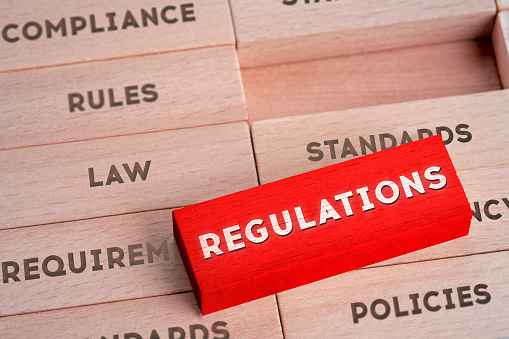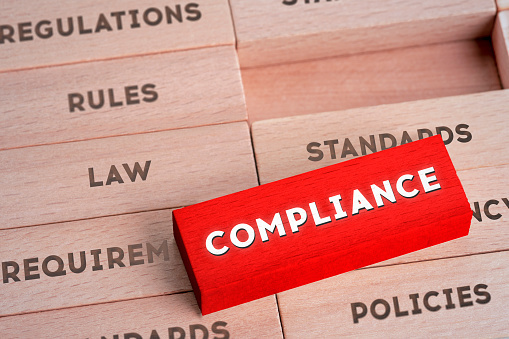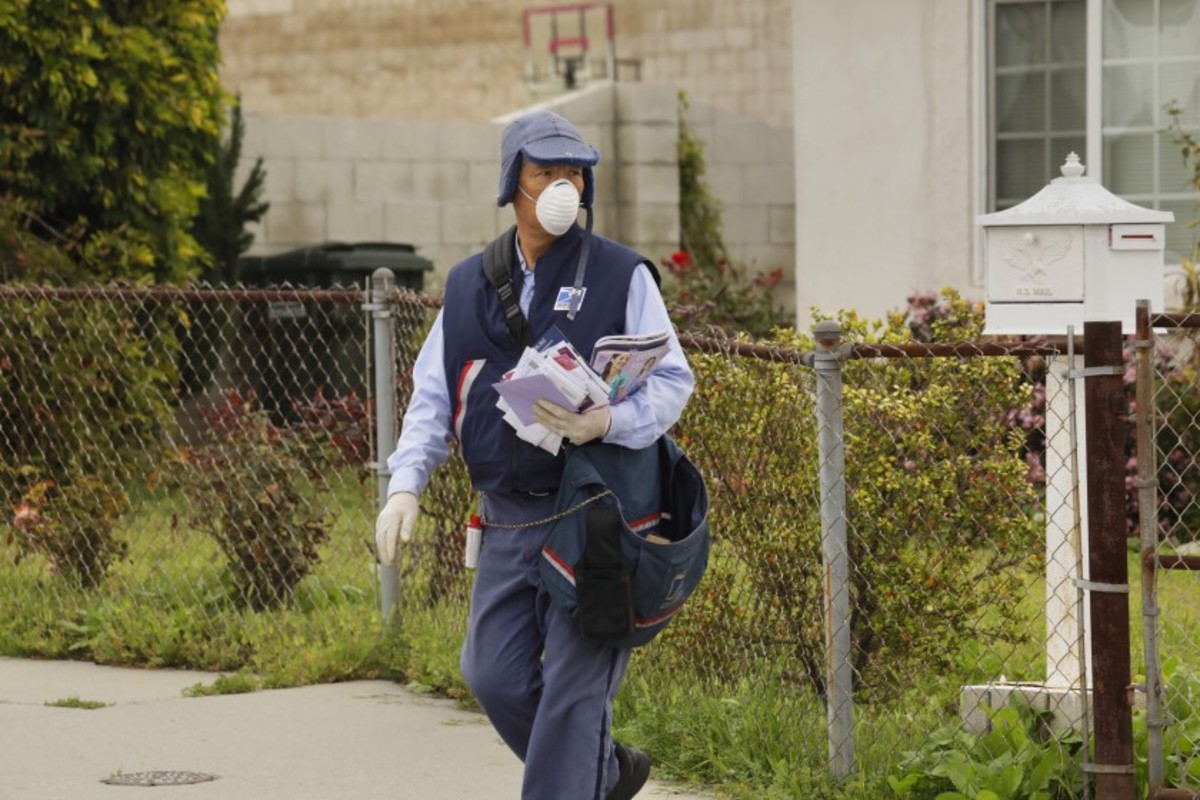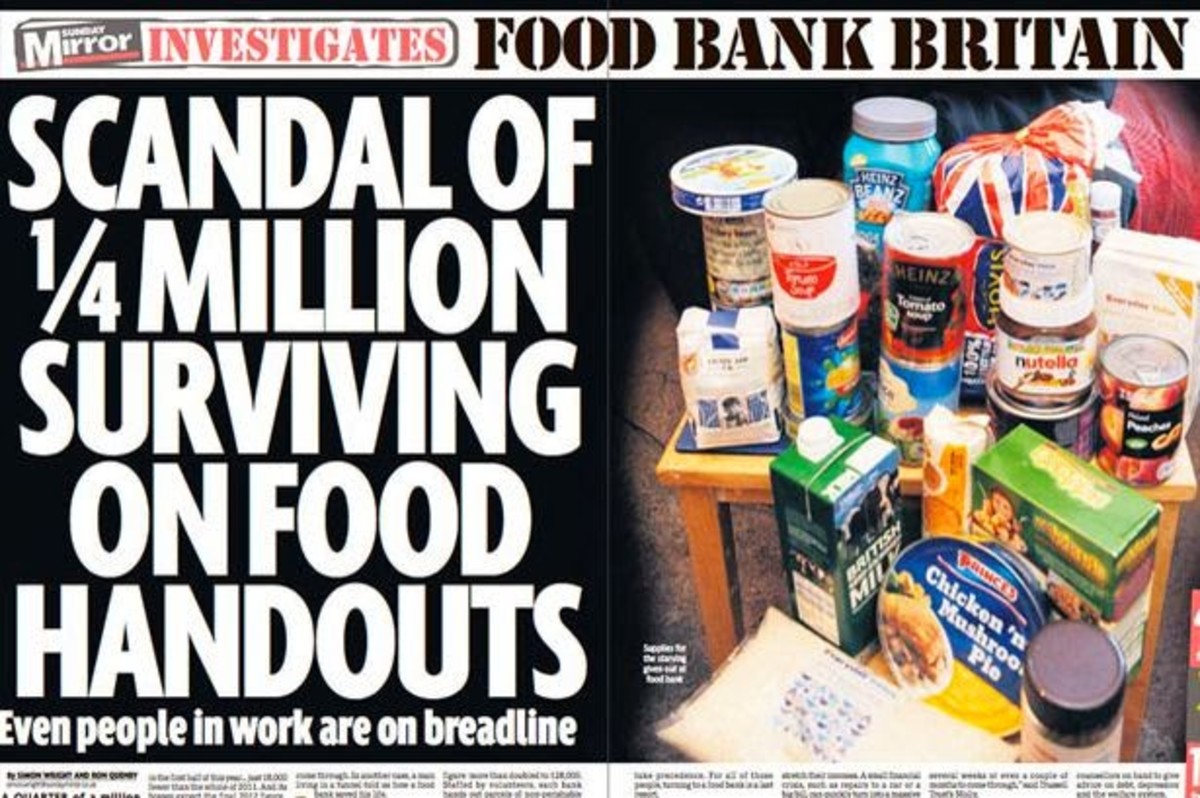What Are Some of the Fiscal Policies That Can Be Employed to Fight This Coronavirus (Covid-19) Pandemic?

During this pandemic, fiscal policies are the most vital tool to protect people and save lives affected by the Coronavirus (COVID-19) pandemic. Countries have to go out of their way to come up with and implement such policies. They must also keep the receipts. So far, governments across the globe have undertaken fiscal actions that amount to about 8 trillion dollars in an effort to try and combat the COVID-19 pandemic and its impact on the economy.
Emergency lifelines offered internationally include foregone revenues and higher spending (3.3 trillion dollars), public sector equity injections and loans (1.8 trillion dollars), and guarantees (2.7 trillion dollars).
The G20 group of and emerging and advanced economies are leading this effort with a spending of up to 7 trillion dollars. Fiscal help is also being offered by automatic stabilizers like the tax and benefits scheme that stabilize consumption and incomes, such as progressive unemployment benefits and taxation.
What criteria should governments use to come up with the appropriate fiscal policies to fight this pandemic?
There are three principles governments should adhere to:
I. Target support to vulnerable households to ensure that they gain access to basic services and goods. To avoid long-lasting scarring, governments should also offer support to businesses in order to limit bankruptcies and layoffs.
II. Organize resources in an efficient and temporary way and present the expenditures in multi-year financial reports. Countries should strengthen the principles of proper governance in relation to their scale of intervention. This should include, for example, frequent and complete information disclosure; accurate accounting; and the implementation of measures to allow for post accountability and evaluation. In a nutshell, governments should ensure that receipts are stored.
III. Evaluate, monitor, and disclose fiscal risks that may occur because not all policies will have an immediate impact on debts and deficits. For example, guarantees extended on corporate loans may not have upfront liability, but if businesses fail to pay up, these costs will have to be incurred by the government

What actions should governments take to protect and save lives that have been rendered vulnerable by the pandemic?
To protect and save lives, countries should finance extra emergency and health services. But this can be challenging.
First, governments with inadequate health-care capacity can’t adequately mobilize enough resources.
Secondly, borrowing restrictions in many developing and emerging market economies requires restructuring their spending towards the health sector while protecting social spending and important public services like energy, communications, and transport.
Global coordination can assist in achieving a global low-cost medicine and vaccine, and help nations with inadequate health care capacity, including through medical resources, concessional emergency financing, and aid.
As the IMF Managing Director put it in a recent seminar, the IMF was ready to offer up to 1 trillion dollars in loans to help member states, with a particular focus on developing nations.

Protecting the vulnerable with targeted fiscal policies.
Social distancing essential to slowing down the spread of COVID-19—with closed restaurants, shopping centers, factories, and schools—inevitably carries an economic cost. People and businesses require large, timely, and targeted fiscal help to remain afloat.
The financial and institutional capacities of various countries will dictate the size and scope of lifelines being offered:
Advanced economies can deploy a wide range of financial instruments on tax, the liquidity front, and spending to help people and businesses given their robust tax-benefit systems. Germany and the United States, for example, have implemented measures like extended unemployment benefits, payroll tax deferrals, and wage subsidies.
Many employees, self-employed entrepreneurs, and small enterprises are struggling to make debt payments, keep workers on the payroll, and pay bills. To help, many European countries have offered liquidity lifelines like guarantees or affordable loans. Japan and France are offering government-funded family and paid sick leave to those self-isolating, the unwell, or those having to stay home to take care of children affected by school closures.
Developing and emerging market economies often have limited budgets to respond to crises. They face many challenges: the COVID-19 pandemic, a sharp drop in external demand for their goods, plummeting commodity prices, higher borrowing costs, and capital flight. Also, most of these countries have a relatively limited tax-benefit system.
In those cases, cash transfers using digital technologies and unique identification systems, or in-kind food and medicine provision, are possible options. Full and timely VAT refunds can offer businesses access to cash.
Conclusion.
We don’t know enough to predict the circumstances and timing of the eventual COVID-19 recovery. But in any emergency, policymakers have to do whatever it takes to protect and save lives but ensuring that they preserve the receipts.








